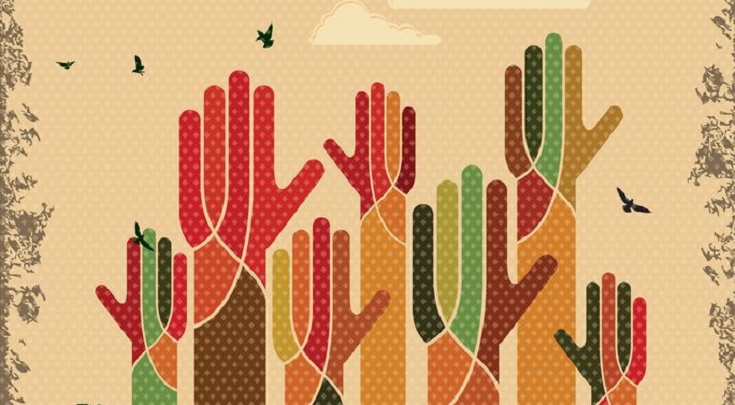More than 160 representatives gather at the Red Cross Red Crescent Conference
Representatives from more than 160 states joined 187 Red Cross Red Crescent Societies at the International Conference in Geneva from December 9-12, 2019.

The conference, held every four years since 1867, brings together states party to the Geneva Conventions and global Red Cross Red Crescent representatives. It provides a unique opportunity for decision-makers to discuss the world’s most pressing humanitarian issues and adopt resolutions that guide future humanitarian action. Image: artqu|123rf
Decisions at previous conferences have contributed to the strengthening of international humanitarian law (IHL) and legal frameworks for disasters, while ensuring safe environments for volunteering. This year, key issues on the agenda included trust, mental health, climate change, pandemic preparedness, data protection and migration.
“The International Conference is a unique place for the Red Cross and Red Crescent to discuss critical humanitarian challenges with governments,” said Peter Maurer, ICRC President. “The fact that we had 168 states actively participating shows that governments have a strategic interest in responding to humanitarian crises and engaging with the movement.”
In an era of increasing scrutiny of the humanitarian sector, in-depth discussions on trust, integrity and accountability were central to the three day conference. “Being trusted by the people we serve is critical to being able to restore family links, to ensuring lifesaving access, to working with and alongside communities,” said Francesco Rocca, President of the International Federation of Red Cross and Red Crescent Societies (IFRC).
A summary of all the resolutions approved can be found here but highlights included:
-
Bringing IHL home - a road map for better implementation of international humanitarian law. The movement and states reaffirmed their commitment to IHL and its full application and implementation, especially at the national level.
-
Restoring family links (RFL), while respecting privacy - protecting personal data is about protecting people. The growing insecurity linked to the digital age and the pervasive threat of unauthorised access to personal data require that the movement devotes itself even more diligently to the protection of RFL activities.
-
Addressing mental health and psychosocial needs of people affected by armed conflicts, natural disasters and other emergencies - states and the Red Cross Red Crescent movement agree to include mental health and psychosocial support to be included in the first wave of humanitarian emergencies.
-
Climate-smart disaster laws and policies that leave no one behind - people living in vulnerable or fragile contexts feel the impact of climate change most severely. The movement is working to reinforce the capacity of affected communities to absorb the combined impacts of conflict, violence and climate shocks.
-
Time to act - tackling epidemics and pandemics together. In light of threat that epidemics and pandemics pose to global health, the economy and stability, particularly in the world’s most vulnerable areas, the Red Cross Red Crescent must cooperate with the public authorities in the prevention of disease, the promotion of health and the mitigation of human suffering.
-
Women and leadership in the humanitarian action of the International Red Cross and Red Crescent Movement – a resolution affirming the importance of women being represented at the decision-making level.
“I’m pleased that states together with the movement have committed to tackle the new challenges emerging on the world’s frontlines,” said Maurer. “They reaffirmed the importance of the laws of war, at a time when technical innovation is raising questions about how much control humans have over weapons. And they agreed to protect the personal data of people searching for their loved ones. We also saw an encouraging groundswell of support to boost mental health responses.”
“We are pleased to have reached agreement on the different resolutions,” said Rocca. “We are now ready to ensure the follow up of all the decisions and we will continue to advocate strongly for the localisation agenda and the of support our National Societies which are local actors par excellence: Strong National Societies and strong local actors mean strong local communities.”